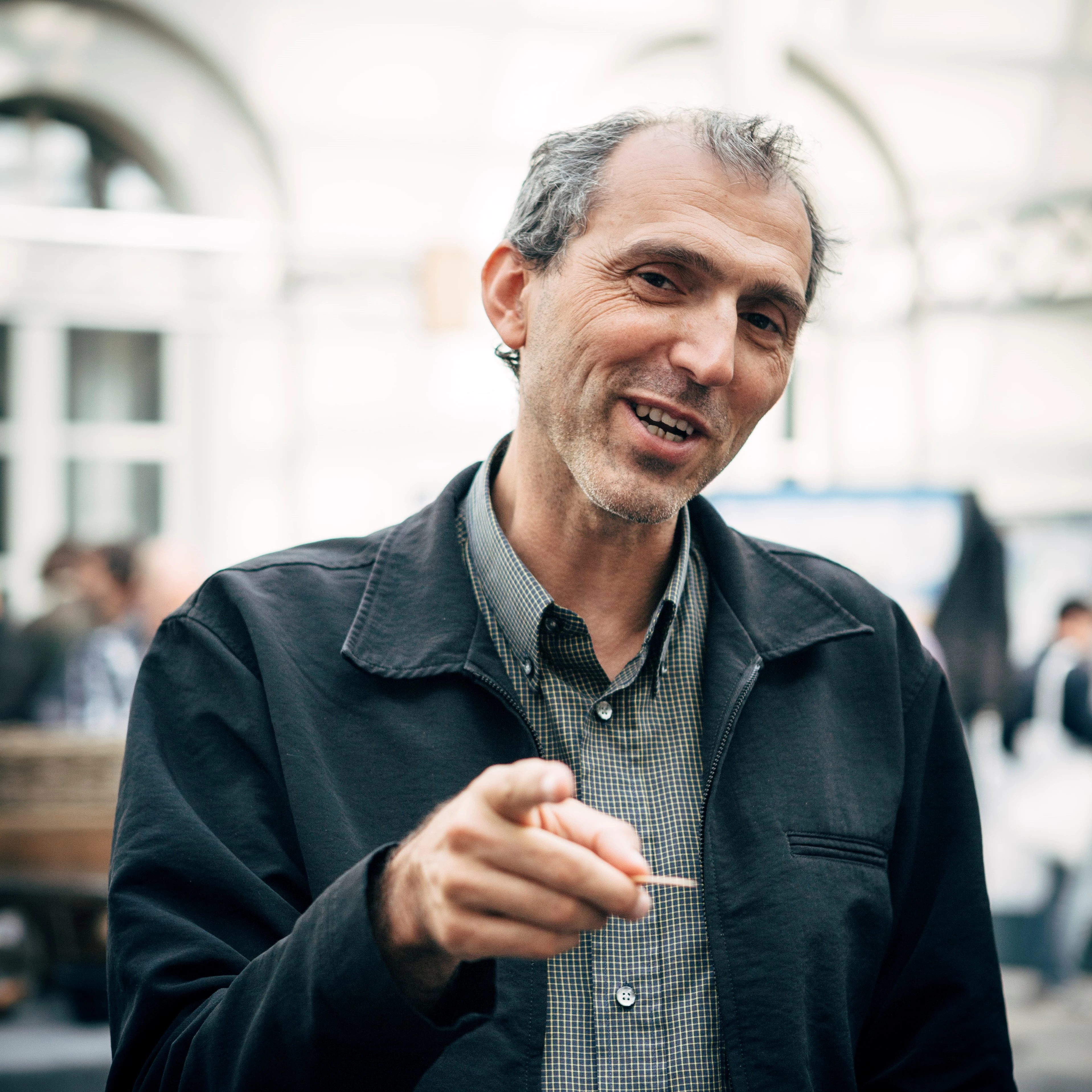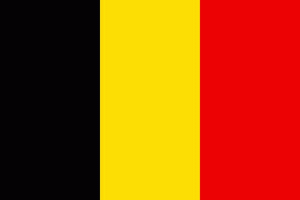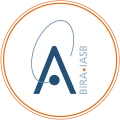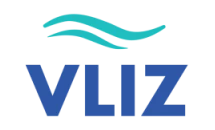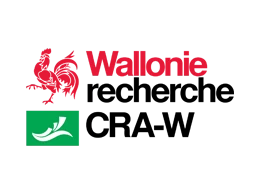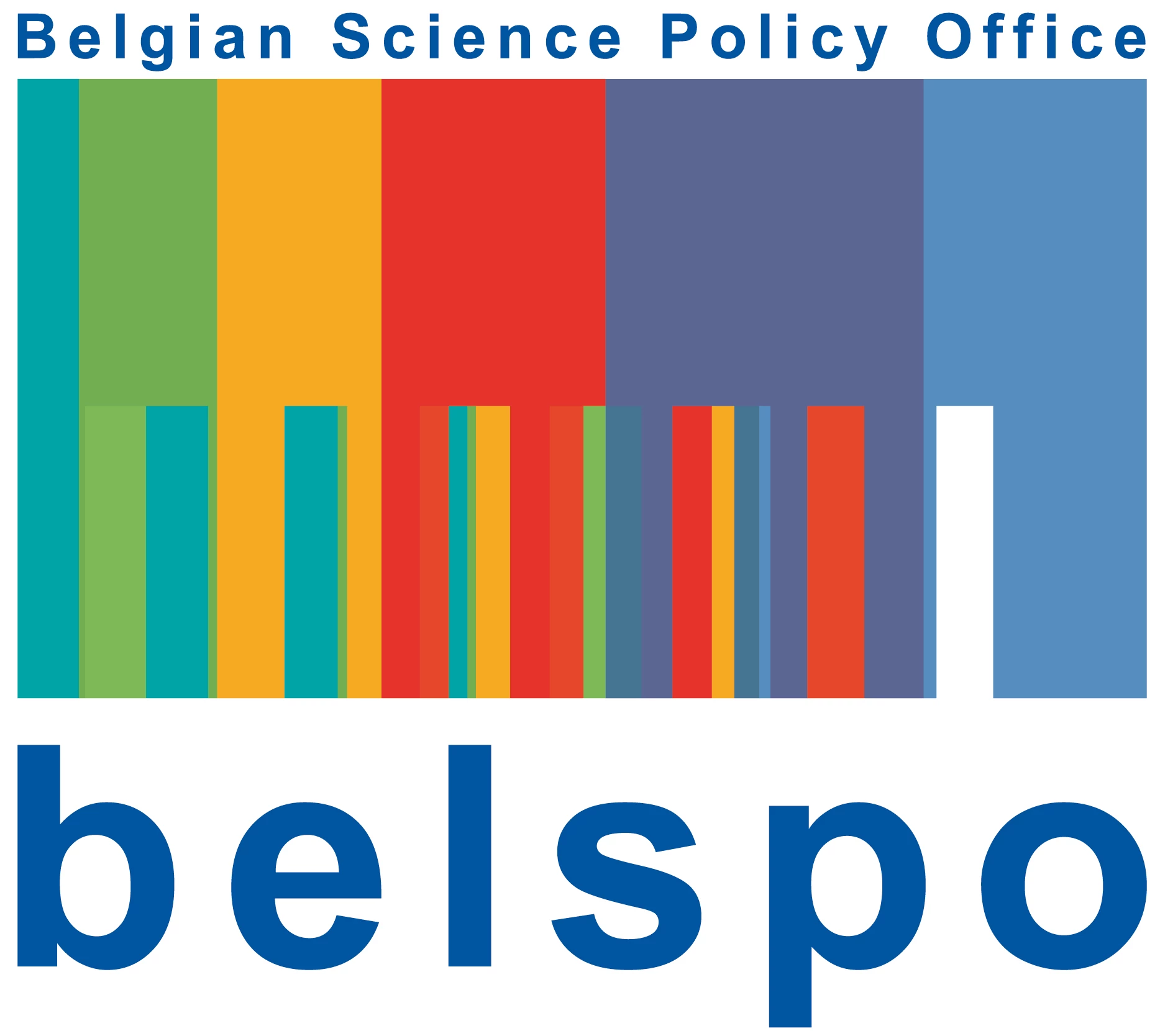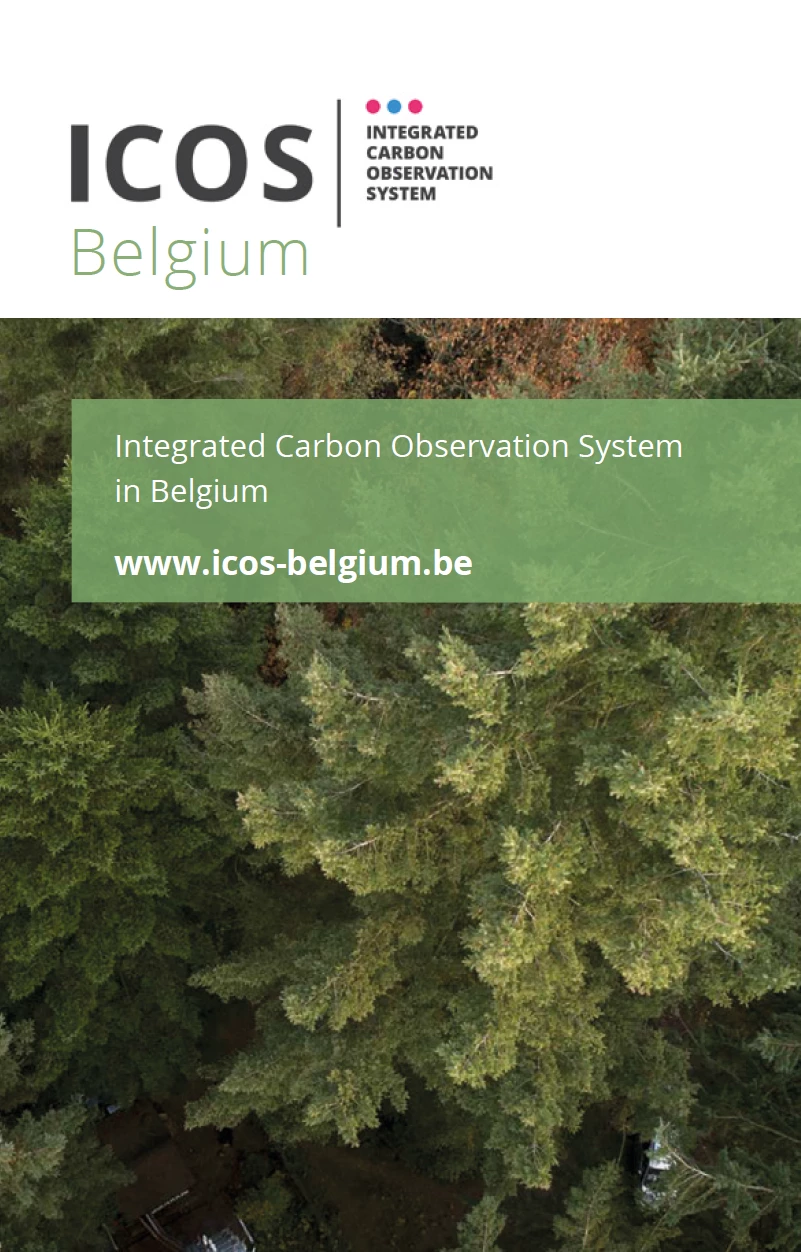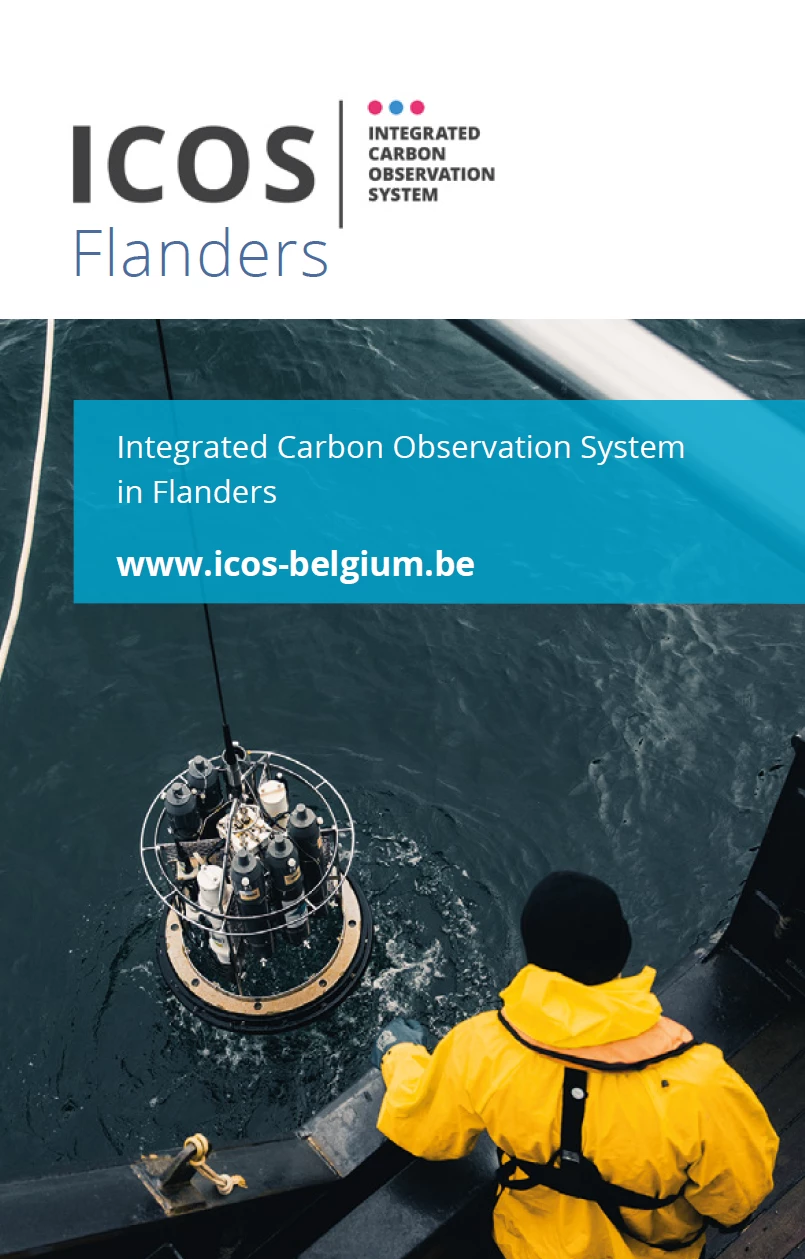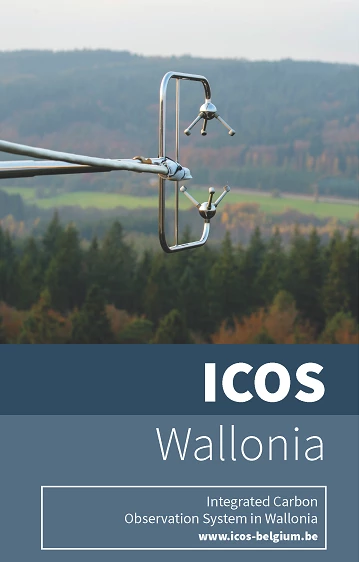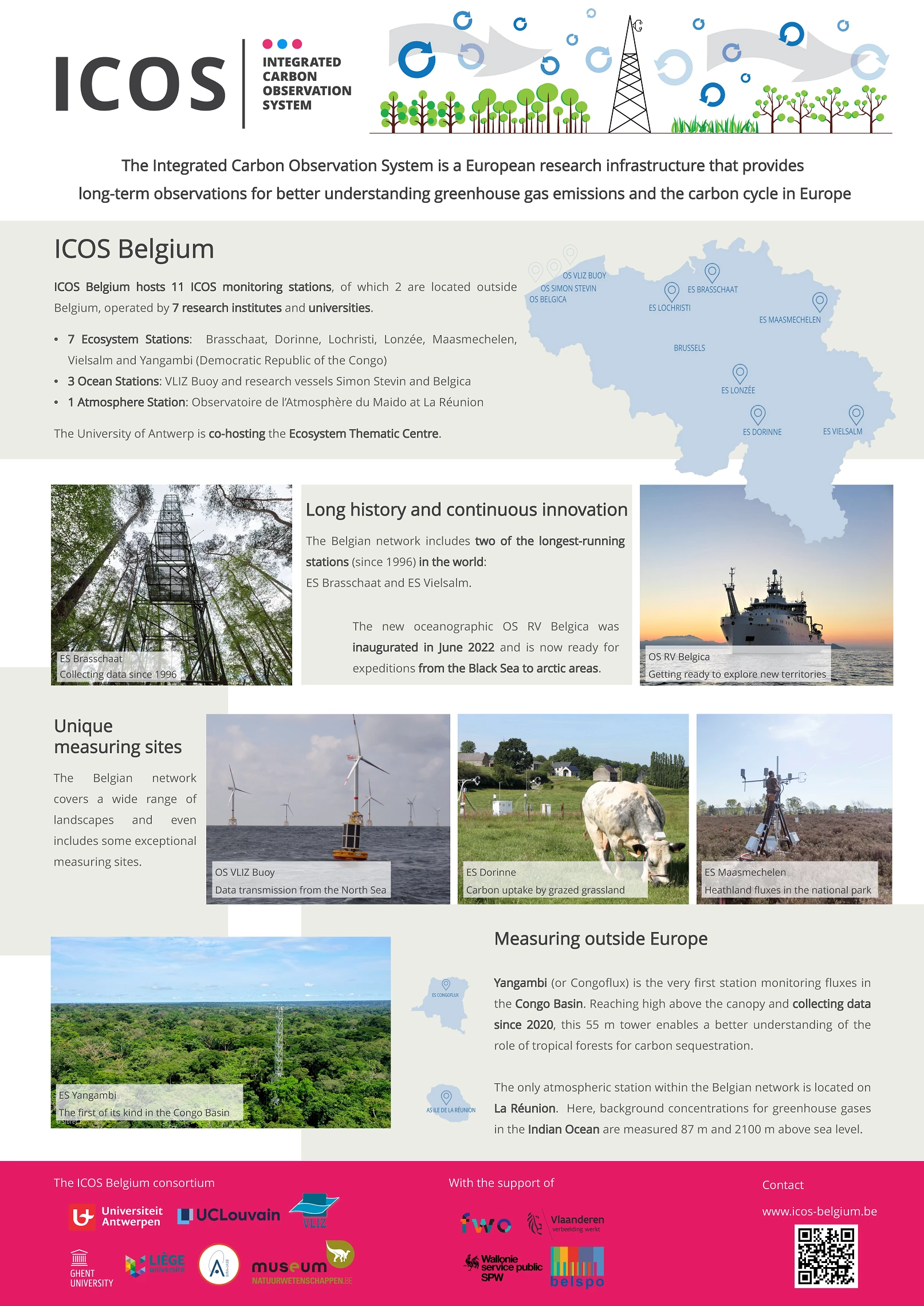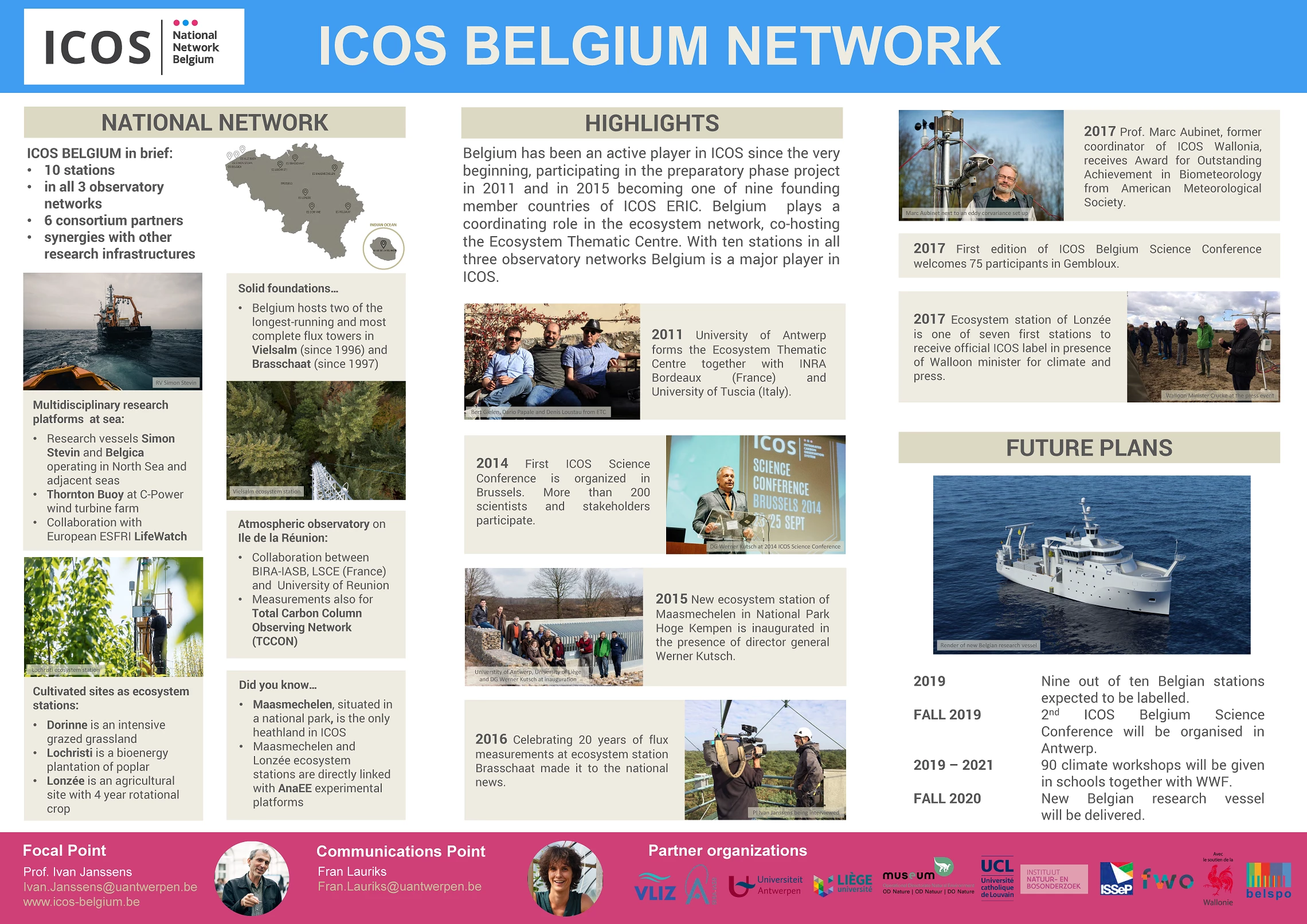ICOS Belgium
What we do
As one of the founding members, Belgium has been an active player in ICOS. Belgium was one of the nine founding member countries taking part in the preparatory phase from 2011 to 2015. Today, the Belgian network consists of twelve active monitoring stations with measurements in all three observatory networks (atmospheric, ecosystem and ocean) and operated by seven research institutes.
In addition Belgium is co-host of the Ecosystem Thematic Centre, coordinating the 98 stations in the Ecosystem station network. The ETC performs centralized processing, quality control of the data collected at the stations and offers support to station teams.
It also organises additional training activities and coordinates with other research infrastructures and data users. ETC Antwerp specializes in quality control and processing of all ancillary data.
The Belgian network covers a wide range of landscapes with monitoring stations all over the country: from the North Sea to the forests in Vielsalm. The Belgian Network also includes two stations abroad: the atmospheric station on La Réunion (FR) and the ecosystem station in the Congo Basin (DRC).
Here you can discover all our monitoring stations.
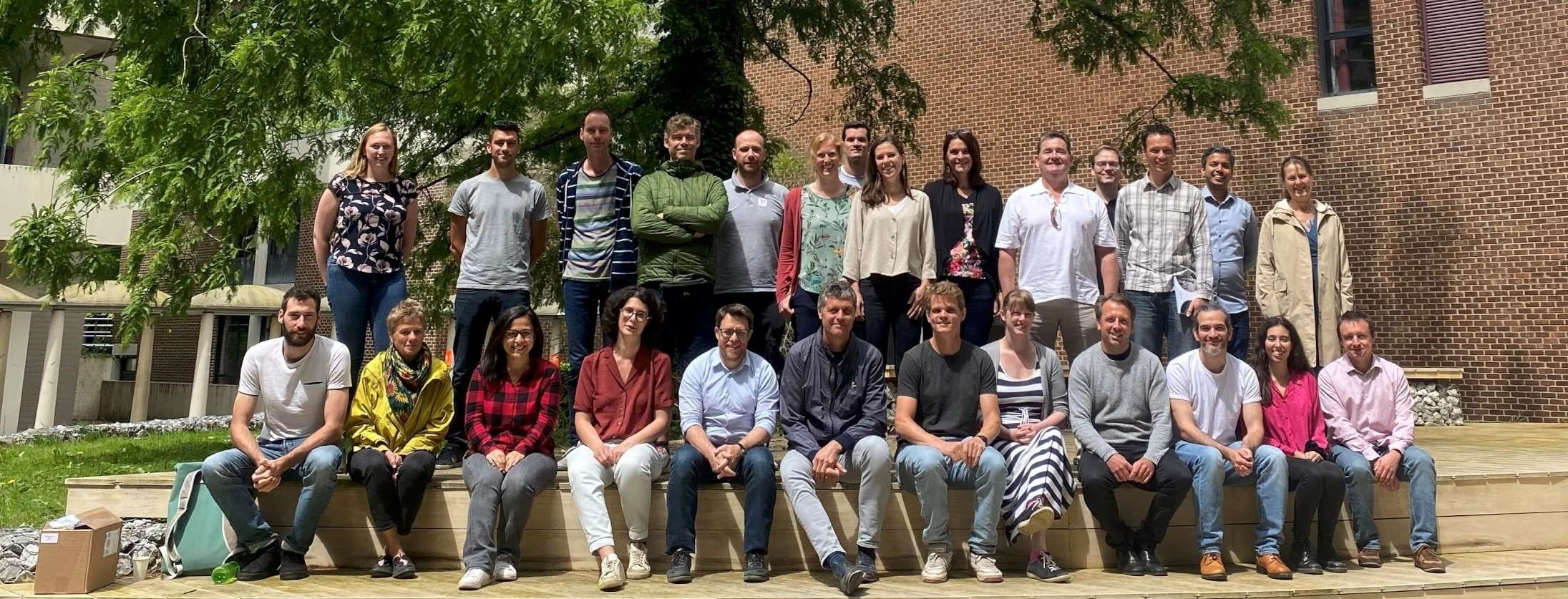
Belgian stations monitor wide range of variables
Atmosphere stations continuously measure data on greenhouse gas concentrations in the atmosphere, as well as basic meteorological conditions. Additionally, discrete air samples are taken daily for possible analyses of other trace gases in the laboratory.
ICOS Belgium operates one Atmosphere station abroad: La Réunion (FR)
Ecosystem stations provide primarily data on turbulent fluxes of greenhouse gases and energy. In addition, a wide range of meteorological parameters in the air and the soil are measured. Furthermore, data on other ecosystem parameters are collected periodically. This list gives an overview of all continuous and periodical measurements collected at each of the sites according to the ICOS Ecosystem protocols.
ICOS Belgium operates eight Ecosystem stations: Brasschaat, CongoFlux (DRC), Dorinne, Lochristi (closed in 2023), Lonzée, Maasmechelen, Vielsalm and two stations in Westmalle.
Ocean stations measure CO2 and other gases from ocean surface waters and the near-surface atmosphere.
ICOS Belgium operates three Ocean stations: RV Belgica, RV Simon Stevin and Thornton Buoy
Pushing science through collaboration
In addition to daily station operations, we challenge ourselves to stimulate innovation and address important scientific and societal questions. To this aim ICOS Belgium scientists are actively participating in external research projects.
Who we are
Focal Point
Prof dr. Ivan Janssens is the national network coordinator for the ICOS Belgium Network. As focal point, he is spokesperson and coordinator of the national network and responsible for the internal and external communication. Prof. Janssens is the central contact and information point for all developments in the ICOS Belgium network and acts as interface between ICOS RI (European ICOS Research Infrastructure), policy makers, the scientific community and the general public in Belgium.
Ivan Janssens is professor at the University of Antwerp in the research group Plants and Ecosystems and is chair of the Global Change Ecology Research Centre of Excellence. He has been active in the European network of eddy covariance stations since 1996 and is PI of one of the longest running eddy covariance stations worldwide (ICOS ecosystem station Brasschaat).
